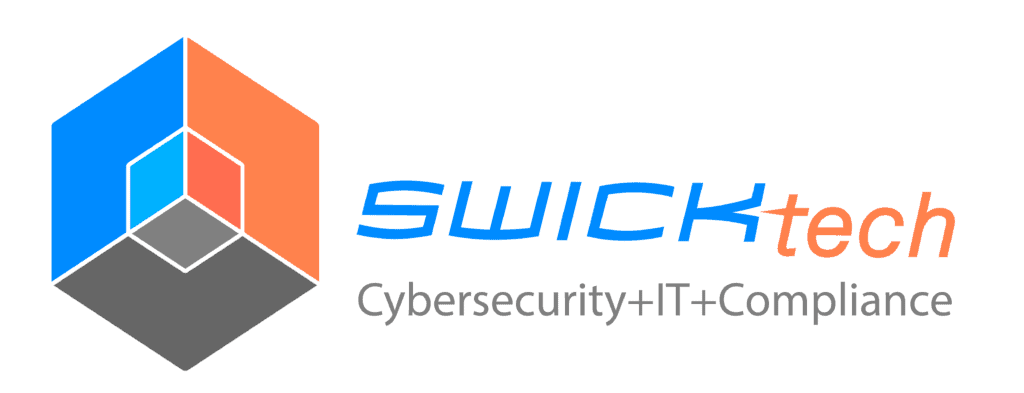
Communication is an important part of any business. Email has long been a critical tool to facilitate communication. To reduce cost and ease management, many businesses are looking at hosted communications services. The choice often comes down to two of the most popular solutions, Microsoft Exchange Server or Google’s Business Gmail. The decision usually depends on the features and functions provided by each.
Gmail is Google’s web-based email service and was originally created for consumers whereas Microsoft Exchange Server is an e-mail-based collaborative communications server designed for businesses. Exchange Server is an online storage facility for not only your emails, but your calendars, contacts, notes and tasks.
Features and Benefits of Microsoft Exchange Server
- Email Exchange Server makes email easier to use and administer. -All email accounts are automatically added to the “Global Address List†which is available to all users. -Groups of users (i.e. departments, committees etc.) can be created within Exchange Server and then appear in the “Global Address Listâ€.
- Group Enabled Outlook Features With Exchange Server, everything in Outlook becomes “group enabledâ€. Your calendar, task list, Inbox, etc. can be viewed or modified by other users. You decide how much, if any, access you want to allow to your information.
- Meeting Planner Exchange Server’s Meeting Planner allows you select users for a meeting, checks each user’s calendar to determine a free time, and then notifies each user and updates their calendars with the scheduled meeting.
- Out of Office Assistant Exchange Server provides the Out of Office Assistant which is a tool to notify others when you are out of the office. Whenever you receive email, the sender automatically receives an email back notifying them you are out of the office.
- Outlook Web Access Outlook Web Access is Web browser based version of Outlook with almost all the same features. It allows you to access your email, calendar, contacts, etc. any time, from any device, anywhere in the world.
- Administration Exchange Server provides easier and more complete administration of email. With Exchange Server, all the data is stored in a database on the server. Some of the benefits are: -All email, contacts, calendars, etc. are included in the nightly tape backup of the server. When a PC “crashes”, the email will not be lost because it is stored on the server. When a server “crashes” the email can be restored from the tape backup along with all your other data. -When a user gets a new computer, there is no need to manually move the email and address lists from the old PC to the new PC. With Exchange Server you just tell the new PC which mailbox you want to access on the server. -Virus software for Exchange Server prevents viruses from getting into the mailboxes. The virus will be removed before it hits your PCs. -Exchange Server is owned by your business.
Considering the features and benefits above, the most important decision is which service, in the larger picture, adds the right value to your business. For most businesses Microsoft Exchange Server is the right answer.



